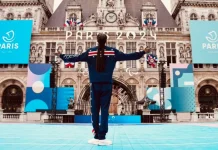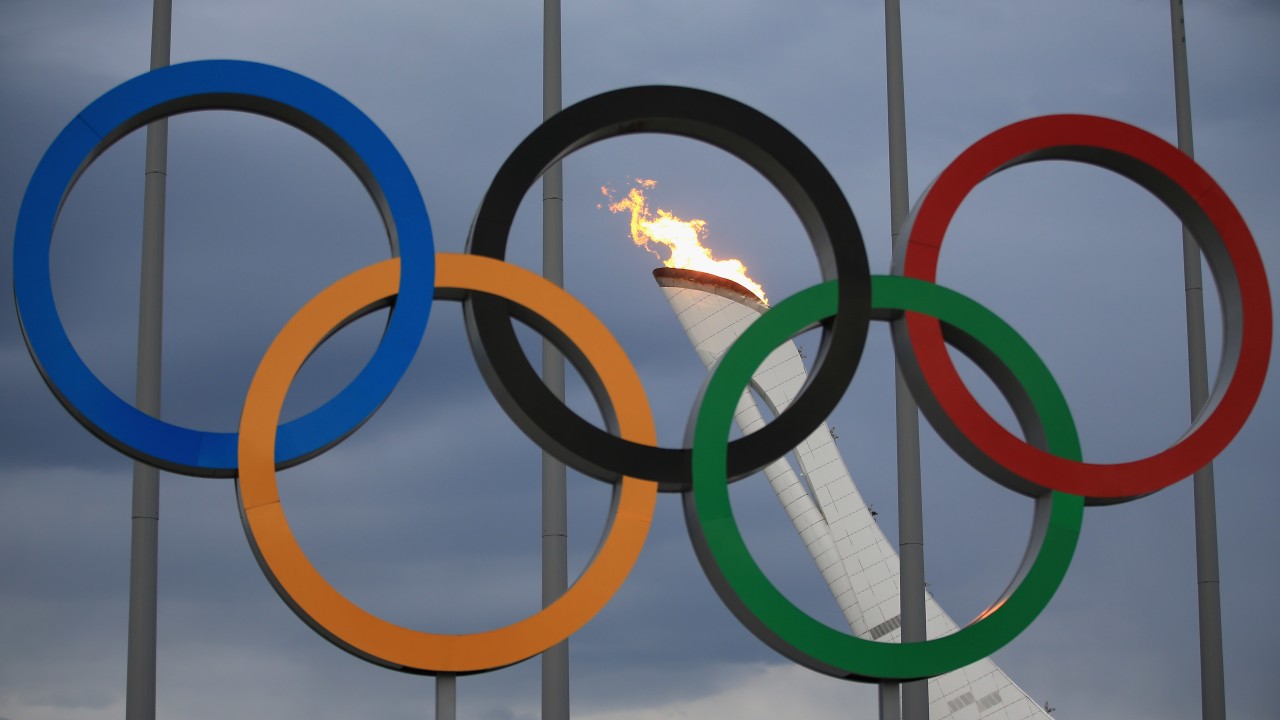 The Olympics, the world’s most prestigious sporting event, has a history that dates back to ancient Greece. It brings together athletes from all corners of the globe to compete in various disciplines, showcasing their skills and pushing the boundaries of human achievement.
The Olympics, the world’s most prestigious sporting event, has a history that dates back to ancient Greece. It brings together athletes from all corners of the globe to compete in various disciplines, showcasing their skills and pushing the boundaries of human achievement.
The modern Olympics, which started in 1896, have become a symbol of unity, peace, and friendly competition among nations. This article explores the rich history, significance, economic impact, cultural influence, and controversies surrounding the Olympics, as well as the future of this iconic global event.
History of the Olympics
The Olympics have their roots in ancient Greece, where they were held in Olympia every four years from 776 BC to 393 AD, and you can see that on this site. These ancient games were dedicated to the Greek gods and were an important part of Greek culture and society. However, the Olympics eventually faded into obscurity with the decline of the Roman Empire.
It was not until the late 19th century that the Olympics were revived. Pierre de Coubertin, a French educator, believed that sports could promote peace and international understanding. In 1896, the first modern Olympics were held in Athens, Greece, with participants from 14 nations. Since then, the Olympics have grown in scale and popularity, with more countries and athletes participating in each subsequent edition.
The Significance of the Olympic Rings
One of the most recognizable symbols of the Olympics is the interlocking rings. Designed by Baron Pierre de Coubertin, the rings represent the five continents: Africa, the Americas, Asia, Europe, and Oceania. The colors of the rings (blue, yellow, black, green, and red) were chosen because at least one of these colors appears on the flag of every nation in the world.
The Olympic rings symbolize the unity and universality of the Olympic movement. They serve as a reminder that despite our cultural, political, and geographical differences, we are all part of a global community. The rings are proudly displayed during the opening and closing ceremonies of the Olympics, reinforcing the message of solidarity and peace.
The Politics of the Olympics
The Olympics have often been intertwined with politics throughout history. From boycotts to protests, the games have become a stage for political statements and conflicts. One of the most notable instances was the 1980 Moscow Olympics, which saw a boycott by several Western countries in response to the Soviet Union’s invasion of Afghanistan. Similarly, the 2008 Beijing Olympics faced criticism due to concerns over human rights abuses in China.
However, the Olympics also have the power to unite nations and bridge political divides. The 1992 Barcelona Olympics, held shortly after the end of the Cold War, symbolized the newfound unity between East and West. Athletes from both sides of the Iron Curtain competed together, showcasing the potential for peace and cooperation.
Memorable Olympic Moments
Over the years, the Olympics have witnessed numerous unforgettable moments that have captured the world’s attention. From record-breaking performances to unexpected victories, these moments have become part of sporting folklore. One such moment was Usain Bolt’s lightning-fast sprints in the 2008 Beijing Olympics, where he set multiple world records and cemented his status as the fastest man on earth.
Another memorable moment was the “Miracle on Ice” at the 1980 Winter Olympics. The United States ice hockey team, made up of amateur and college players, defeated the heavily favored Soviet Union team in a stunning upset. This victory not only showcased the power of teamwork and determination but also became a symbol of American resilience during the Cold War.
Olympic Controversies
Despite its grandeur, the Olympics have not been immune to controversies. Doping scandals, bribery allegations, and disputes over judging decisions have marred the games’ reputation at times. One of the most infamous controversies was the 2002 Salt Lake City Winter Olympics scandal, where officials were found guilty of accepting bribes to secure the city’s bid.
Additionally, the choice of host countries has sometimes sparked controversy. Human rights concerns, political instability, and environmental issues have all been factors in the debate over whether certain countries should be awarded the privilege of hosting the games.
The Future of the Olympics
As the world continues to evolve, so too must the Olympics. The future of the games lies in finding a balance between tradition and innovation. The International Olympic Committee (IOC) is exploring ways to make the games more sustainable, inclusive, and cost-effective. This includes initiatives such as utilizing existing infrastructure, promoting gender equality, and embracing new sports and technologies.
The COVID-19 pandemic has also forced the Olympics to adapt. The postponement of the 2020 Tokyo Olympics highlighted the need for flexibility and contingency planning. Going forward, the IOC and host cities must prioritize the health and safety of athletes and spectators while maintaining the spirit of the games.
Conclusion
The Olympics truly are an iconic global event that transcends borders and unites nations. From its ancient origins in Greece to the modern spectacle we witness today, the games have evolved into a symbol of unity, peace, and friendly competition.
Despite the challenges and controversies, the Olympics continue to inspire athletes and spectators alike, showcasing the best of human achievement and the power of international cooperation. As we look to the future, it is essential to preserve the values and traditions that make the Olympics so special while embracing innovation and inclusivity.
























